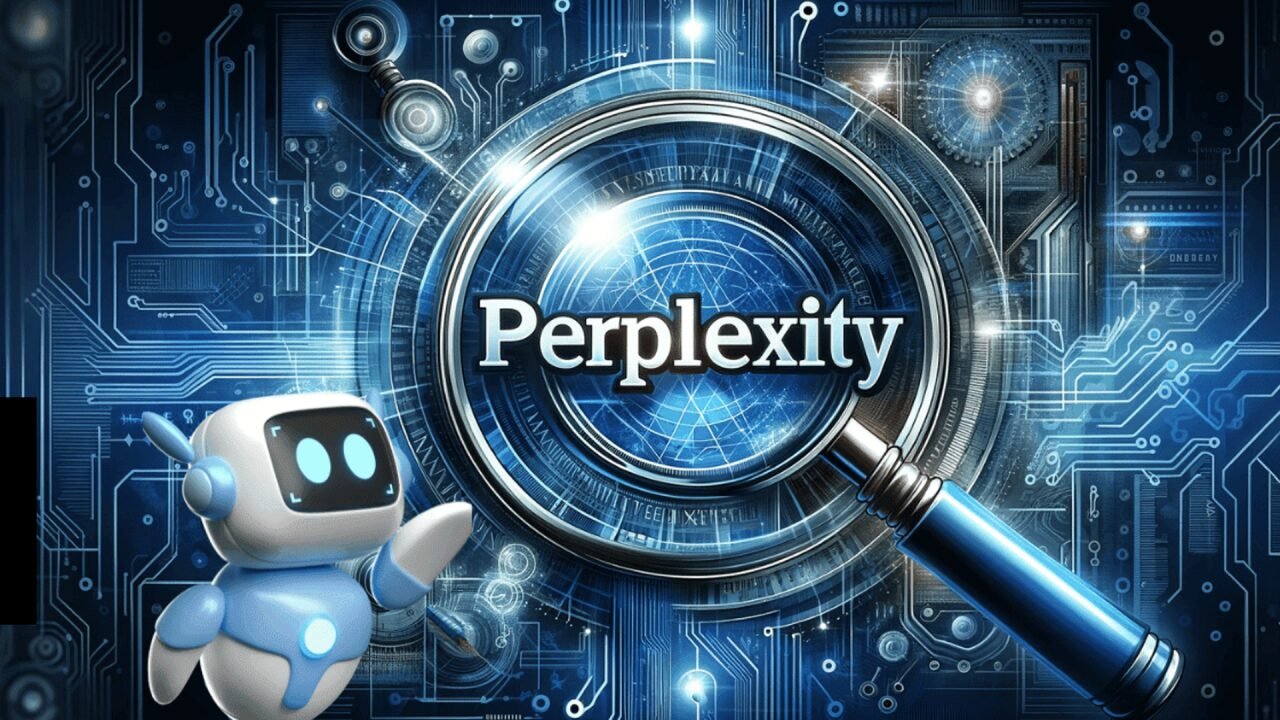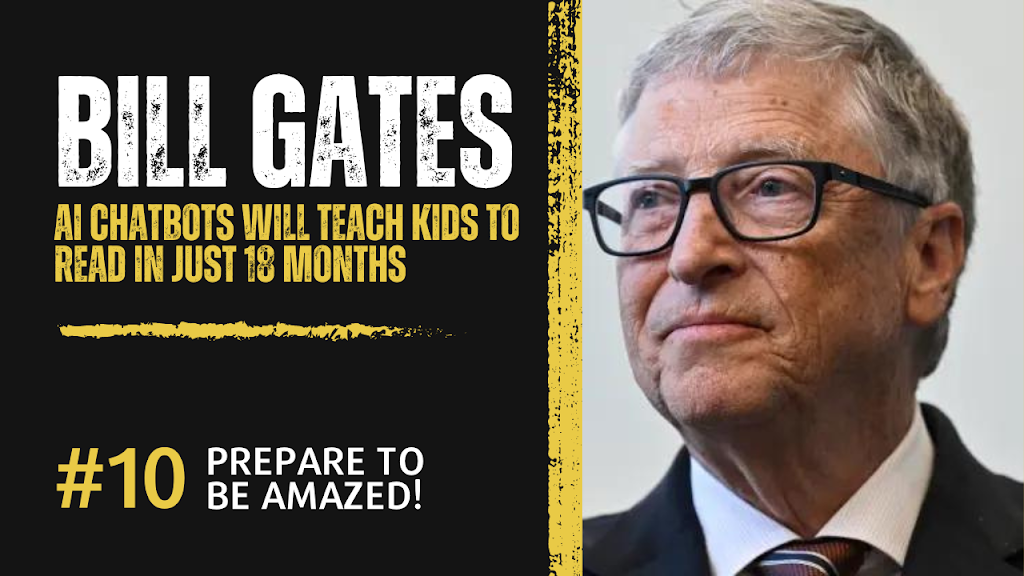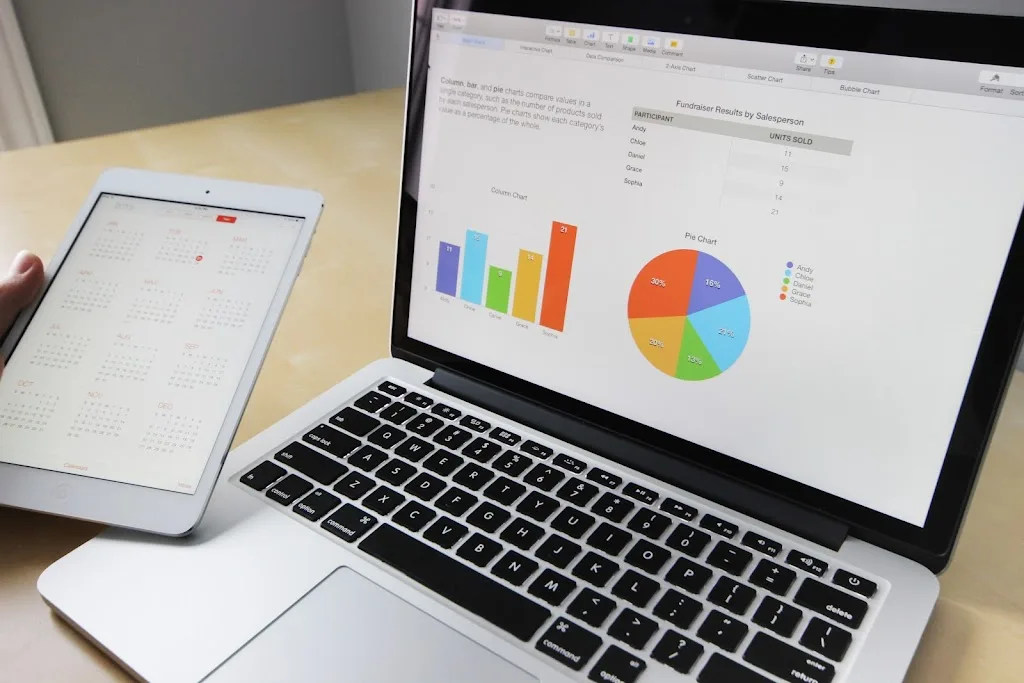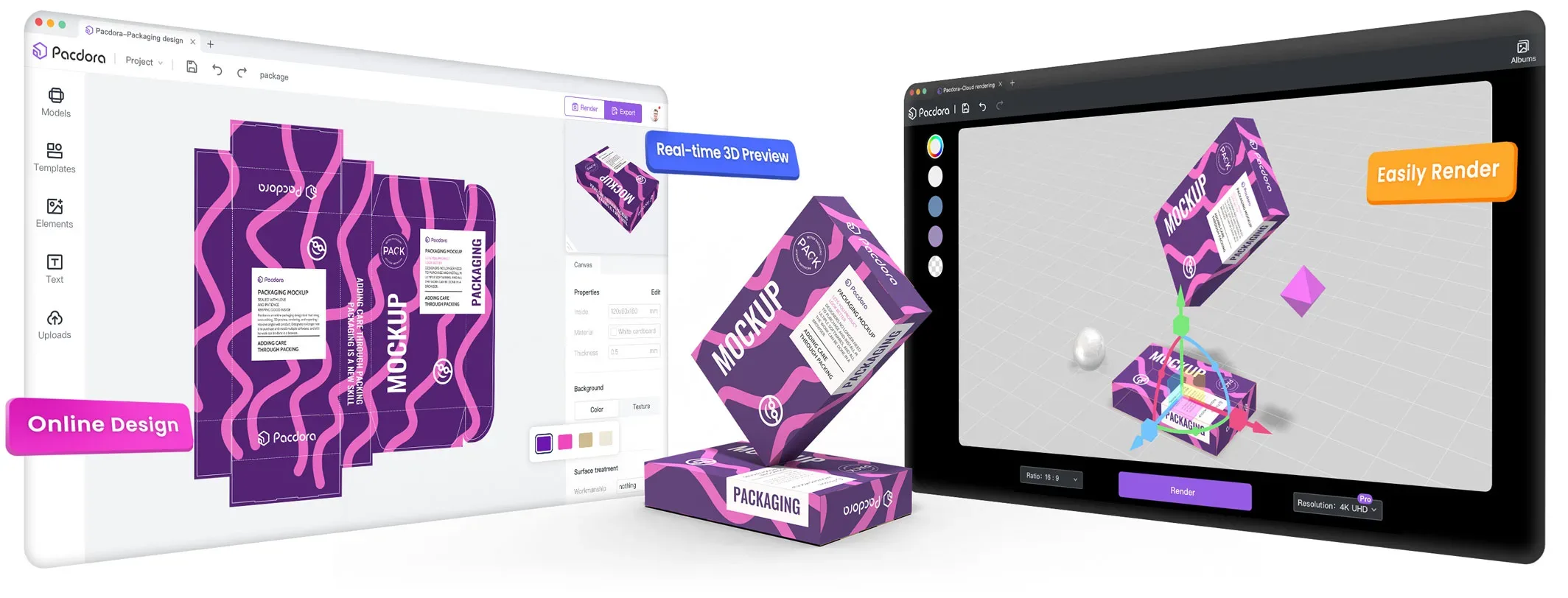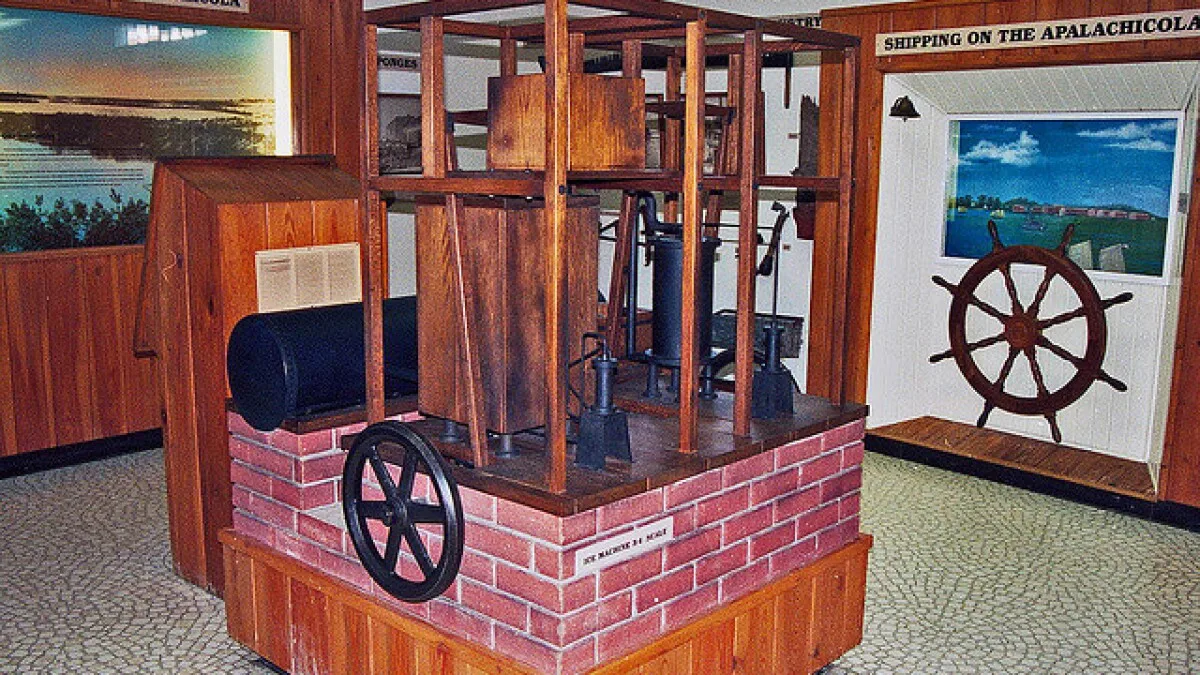In a keynote talk at the ASU+GSV Summit in San Diego, Microsoft co-founder Bill Gates said that AI chatbots could soon help children learn to read and improve their writing skills. He believes that within 18 months, AI chatbots will be able to act as good tutors as humans, with their ability to recognize and recreate human-like language making it easier to teach writing skills. However, AI technology must improve its ability to read and recreate human language to motivate students better before it can become a viable tutor. Gates believes that the technology will improve in two years, becoming more affordable and accessible than one-on-one tutoring with a human instructor.
Gates noted that historically, teaching writing skills has proven to be an incredibly difficult task for computers as it involves a high-cognitive exercise of looking for traits like narrative structure and clarity of prose. But AI chatbots have the potential to change this dynamic due to their ability to quickly search through style guides online and summarize and offer feedback on pieces of text or even write full essays themselves.
However, academics warn that the technology is not yet fully formed and can inadvertently introduce significant errors or misinformation. While AI chatbots have made significant progress over the past several months and can now compete with human-level intelligence on certain standardized tests, some experts note that they still struggle with mathematical calculations.
Gates believes that AI chatbots will initially be most effective in helping with reading and writing, and will eventually be able to amp up what we’re able to do in math. The idea that chatbots will excel at reading and writing before math may be surprising since algebra and calculus are often used to develop AI technology. However, experts note that chatbots often struggle with mathematical calculations, and if a solved math equation already exists within the datasets that the chatbot is trained on, it can provide you with the answer. But calculating its solution is a different story.
Gates is optimistic that AI chatbots will play a significant role in the education system within the next 18 months. They will provide much-needed support to students who require private tutoring but cannot afford it. While there are still significant challenges that need to be addressed, including improving the technology’s ability to read and recreate human language and perform mathematical calculations, the potential benefits are vast.
Gates believes that the rise of AI chatbots in education will help level the playing field and provide affordable and accessible private tutoring to a wide range of students who might otherwise be unable to afford it. While there will still be costs associated with using AI chatbots for education, they will likely be much more affordable than one-on-one tutoring with a human instructor.
Furthermore, Gates sees the potential for AI chatbots to personalize learning and offer individualized feedback to each student based on their unique learning style and pace. This could revolutionize the way we approach education and make it more effective and efficient.
However, as with any emerging technology, there are concerns over the potential negative consequences of AI chatbots in education. Critics worry that the use of AI chatbots could lead to the dehumanization of education and the replacement of human teachers, resulting in a loss of empathy, creativity, and critical thinking skills.
Gates acknowledges these concerns but believes that AI chatbots can never replace human teachers completely. Instead, they can serve as powerful tools to augment and support human teachers, freeing them up to focus on higher-level tasks and providing more individualized attention to students who need it.
In conclusion, the rise of AI chatbots in education is an exciting development with the potential to revolutionize the way we teach and learn. While there are still significant challenges to overcome, the benefits of using AI chatbots as a tutor and mentor for students are vast, and Gates is optimistic about their potential to help students improve their grades and succeed in school.


